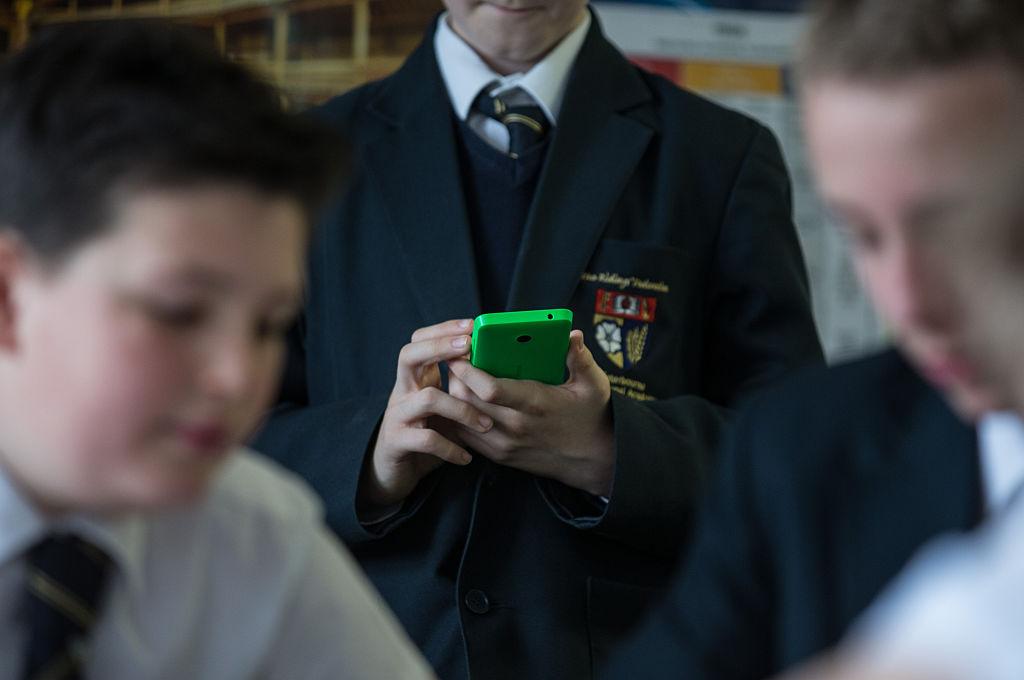Mobile phones will be banned in New South Wales (NSW) high school classrooms if the Labor party wins the next state election in March.
A blanket ban on phones is already in place in primary schools but is optional for high schools to implement.

Mobile phones will be banned in New South Wales (NSW) high school classrooms if the Labor party wins the next state election in March.
A blanket ban on phones is already in place in primary schools but is optional for high schools to implement.